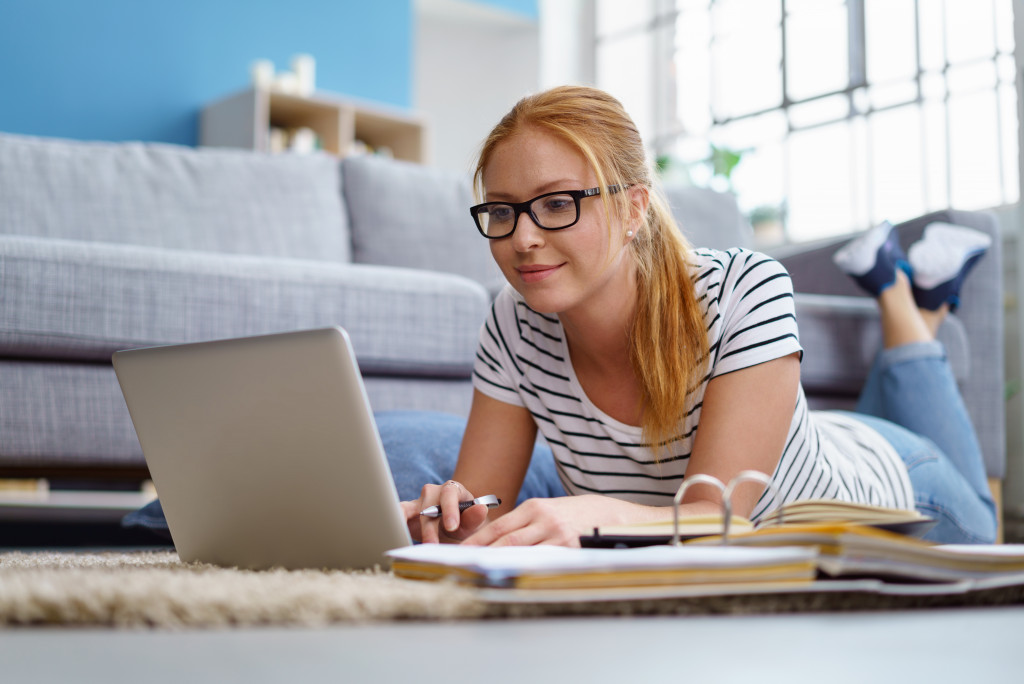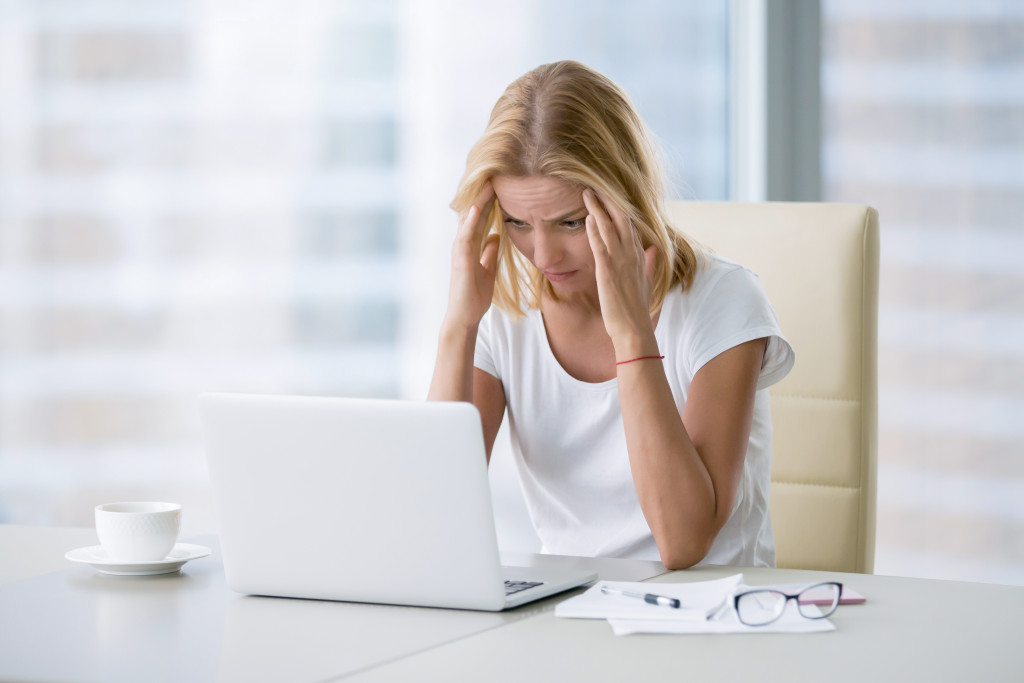Everybody is bound to experience some stress and anxiety in their lives. And in an age of pandemics and recessions, these effects can only get amplified. How do we deal effectively with this problem?
To the average person, stress and anxiety might be used interchangeably. But in medical terms, there’s a difference between the two. According to the ADAA, stress is a response to a perceived threat or threatening situation, whereas anxiety is your reaction to that stress.
In other words, stress is a natural fight-or-flight response. You can try to reduce stress, but that’s usually a matter of avoidance. And not all stressful situations should be avoided. Sometimes, experiencing stress is the only way people can grow and improve.
On the other hand, anxiety is a second-order effect. And the build-up of anxiety can have more adverse consequences. Fortunately, there’s a way to reduce anxiety without losing the potential benefits of stress. We need to start taking more positive, meaningful actions in our lives.
When connections are harmful
Most people have an initial instinct to seek help when they are feeling anxious about something. You open up to a parent, sibling, or best friend about sensitive personal matters. You turn to professional advocates for the lengthy, uncontrollable process of disability applications. If it’s a matter of faith, people approach their spiritual leaders.
Looking for help is not a bad thing. Humans are social creatures, and we are stronger because those relationships give us a mechanism for dealing with the sensation of being overwhelmed. But modern times have seen those social bonds deteriorate.
Studies have linked the use of social media to this phenomenon. While it supposedly keeps us connected, social media actually fuels status comparisons and increases distraction. It harms our well-being. That effect was already in place before the pandemic and can only be heightened due to subsequent isolation and social distancing measures.
Exercising agency
Thus, our first instinct in this age of information might be to go online and reach out through social media. We might want to read about what others are doing for inspiration. But such measures might actually expose us to even more anxiety.
A better path would be developing a greater sense of self-reliance. And that starts with realizing how much power we all have to act as effective agents in our lives.

Reflect on the things you can’t control. The pandemic is one of them. So is the state of our economy. Businesses closing or employers letting go of workers are out of the hands of all but a few.
What we can control is our response. By educating ourselves on what’s possible, we can feel powerful even if our options are limited. We are exercising agency, and it relieves us of excessive anxiety. And the path towards that goal begins with small, concrete steps in specific areas.
The action-based mindset
Take physical action. Exercise might not be directly related to the sources of stress in your life. But the condition of your body is tied to your state of mind.
A simple change in posture can improve confidence and mood. Getting your whole body into an increased state of activity will likewise put you into a more positive frame of mind for dealing with stress.
If you’ve fallen into the sedentary lifestyle that’s so typical of the modern age, exercise lets you break free of that trap. And since we’re staying at home more often due to the threat of the coronavirus, you have a perfect opportunity to start working out every day.
Take a step towards independent information processing. The internet is a great source of information, but you have to reduce your reliance on others for curation.
Learn to fact-check instead of relying on others who might have a vested interest in spinning a certain narrative on issues. It will help you to think critically and form an opinion that’s free from groupthink.
Rewire yourself away from devices, and disconnect from social media. It will help you to take control of how you use technology. Instead of being at the mercy of incessant notifications and prompts on your smartphone, you can improve focus and eliminate distractions.
Finally, take a step towards better relationships. This can mean starting to associate more with positive people and staying away from those who negatively influence your life. Or it could involve trying to help those people develop a more positive and action-based mindset themselves.
These are small steps everyone can take immediately. Without directly solving big problems, they nonetheless help reduce anxiety and give you the potential to grow from the various stressors you’ll encounter in life.

